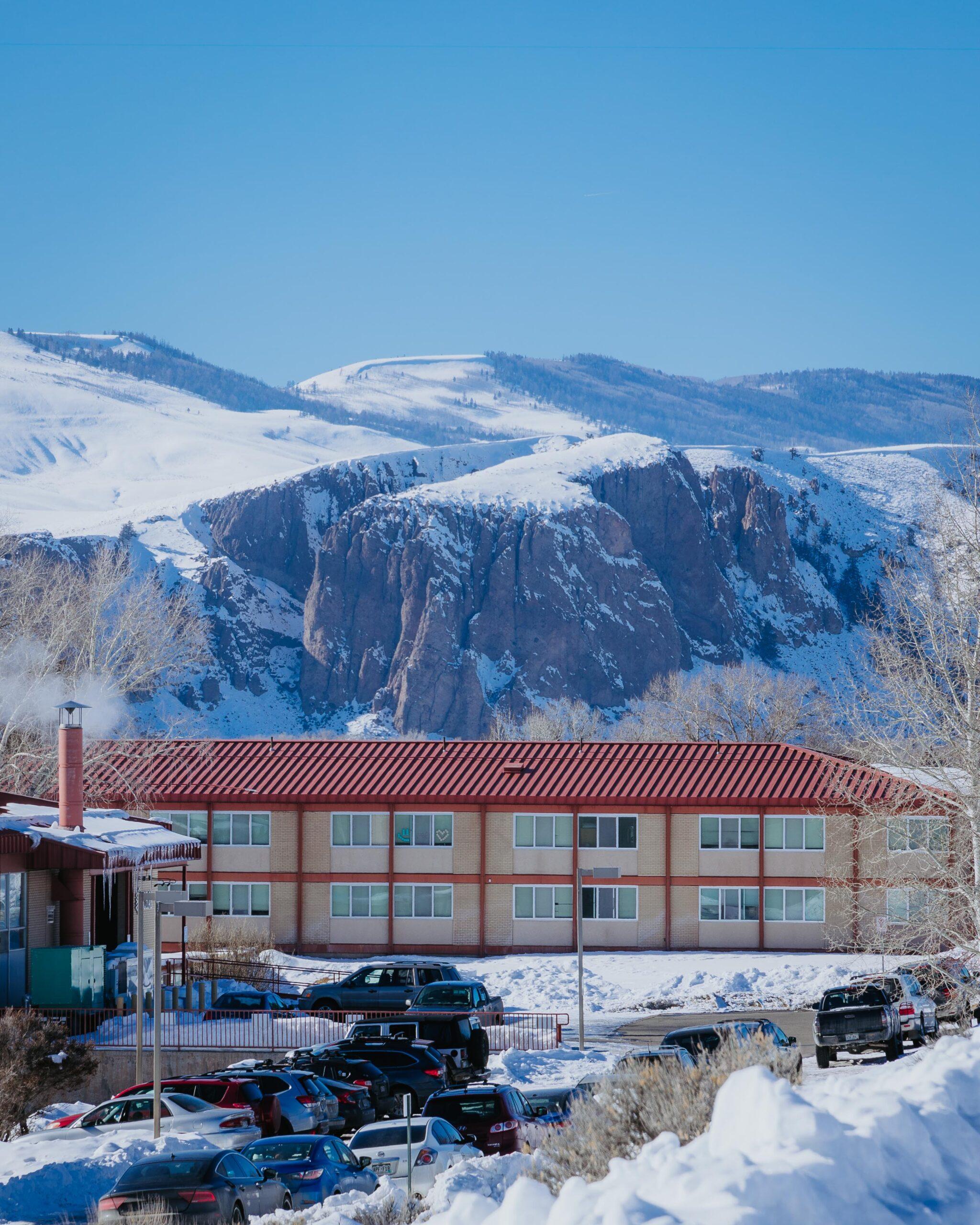Western Assistant Professor Jonathan Coop, Ph.D., along with Master in Environmental Management (MEM) student Ryan Walker and math and biology undergraduate Tim DeLory, recently published a paper on fire ecology in the journal Ecosphere.
Contributions of fire refugia to resilient ponderosa pine and dry mixed-conifer forest landscapes, details how fire refugia—the unburned islands of trees within areas burned by wildfires—are key to forest recovery.
Coop and his team sampled tree regeneration at 686 sites within the perimeters of 12 large wildfires that occurred between 2000 and 2005 in the interior Western United States. After collecting the data, DeLory led the charge on developing a mathematical landscape simulation model to explore the relationship between tree regeneration and refugia patterns.
The simulation model revealed that, for any given portion of the landscape operated by refugia, small patches produced greater landscape recovery than large patches.
For land managers and conservation practitioners, this means that preserving and protecting even a little bit of remaining forest can be important to helping the entire ecosystem regenerate. Those small patches can have the biggest impact, even after a major loss.
As a collaboration between the MEM program, math and biology departments, and Western faculty, this paper demonstrates how Western continues to bring together different disciplines to create a unique academic experience.




